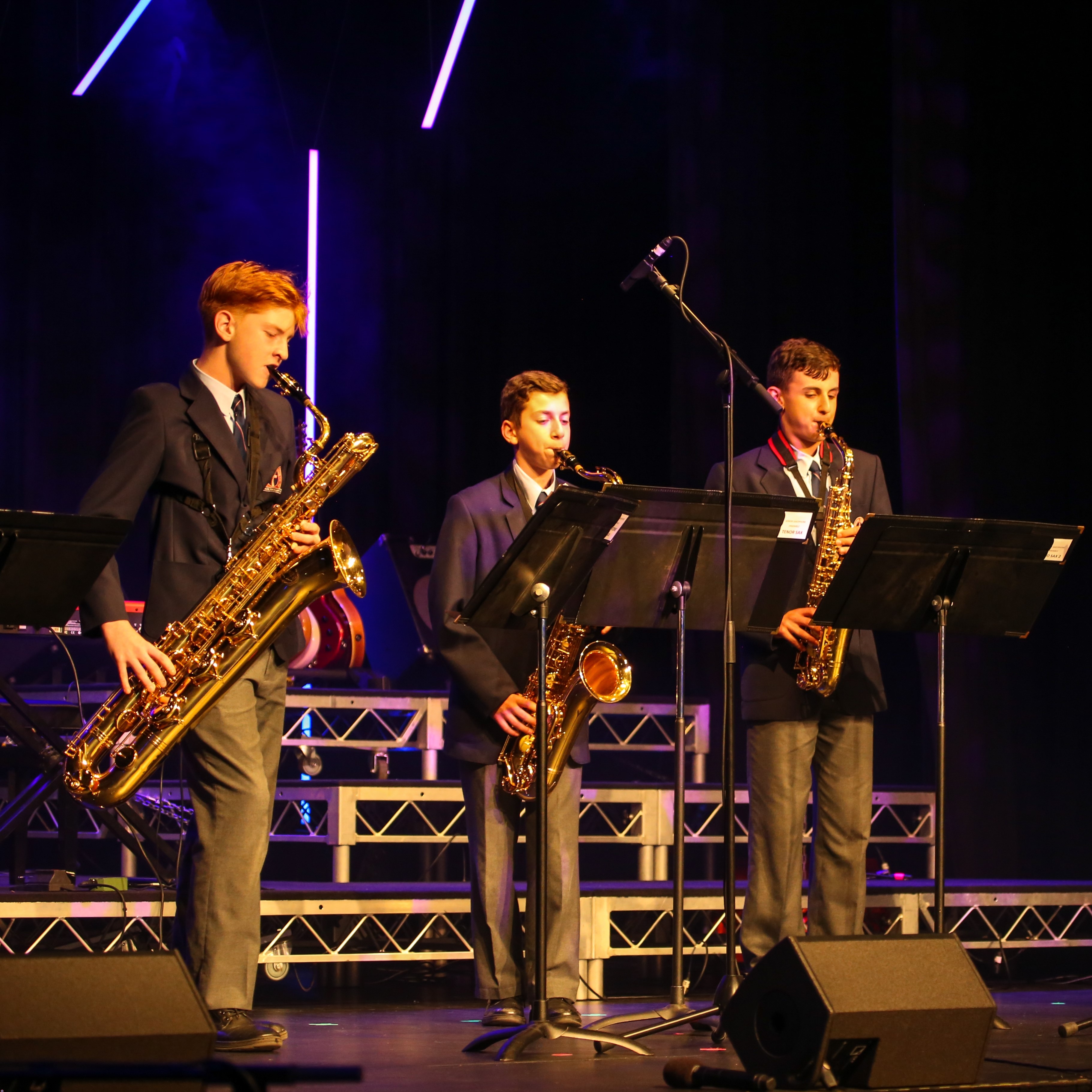Article Trial
Fears of the writer[edit]
Long poem authors sometimes find great difficulty in making the entire poem coherent and/or deciding on a way to end it or wrap it up. Fear of failure is also a common concern, that perhaps the poem will not have as great an impact as intended. Since many long poems take the author's lifetime to complete, this concern is especially troubling to anyone who attempts the long poem. Ezra Pound is an example of this dilemma, with his poem The Cantos.[3] As the long poem's roots lie in the epic, authors of the long poem often feel an intense pressure to make their long poems the defining literature of the national identity or the shared identity of a large group of people. The American long poem is under pressure from its European predecessors, revealing a special variety of this anxiety. Walt Whitman tried to achieve this idea of characterizing the American identity in Song of Myself. Thus, when the author feels that their work fails to reach such a caliber or catalyze a change within the intended audience, they might consider the poem a failure as a whole.
Poets attempting to write a long poem often struggle to find the right form or combination of forms to use. Since the long poem itself cannot be strictly defined by one certain form, a challenge lies in choosing the most effective form.[4]
Generic conundrums[edit]
Inclusivity
The long poem has been considered a problematic genre for women writers. Its roots in epic make the genre appear to be non-inclusive of female writers. This is due to the epic's long history of being primarily a realm of writing for men.[5]
Lyric intensity
Some critics, most emphatically Edgar Allan Poe, consider poetry as a whole to be more closely tied to the lyric. They complain that the emotional intensity involved within a lyric is impossible to maintain in the length of the long poem, thus rendering the long poem impossible or inherently a failure.[6]
In his article "The long poem: sequence or consequence?" Ted Weiss quotes a passage from M. L. Rozenthal and Sally M. Gall's "The Modern Poetic Sequence" inspired by Poe's sentiments, "What we term a long poem is, in fact, merely a succession of brief ones.... It is needless to demonstrate that a poem is such, only inasmuch as it intensely excites, by elevating, the soul; and all intense excitements are, through a psychal-necessity, brief. For this reason, at least one half of the Paradise Lost is essentially prose—a succession of poetical excitements interspersed, inevitably,with corresponding depressions—the whole being deprived, through the extremities of its length, of the vastly important artistic element, totality, or unity, of effect. In short, a poem to be truly a poem should not exceed a half hour's reading. In any case, no unified long poem is possible."[7]
Multivocality
One genre theory claims that once a poem takes on multiple voices, it becomes a novel. Many long poems do make use of multiple voices, while still maintaining all the element of a poem, and therefore cause even more confusion when trying to define their genre.[citation needed]
Naming and subgenres
Critic Lynn Keller also expresses concerns about the genre in her essay "Pushing the Limits." Keller states that because of the debate over and prevalence of subgenres and forms within the overarching genre of long poem, critics and readers tend to choose one subgenre, typically the epic form, as being the "authentic" representative form of the genre. Therefore, this causes the other equally important subgenres to be subject to criticism for not adhering to the more "authentic" form of long poem.[8] Other critics of the long poem sometimes hold the belief that with long poems, there is no "middle ground." They view long poems as ultimately being either epics or lyrics.[citation needed]
Many critics refer to the long poem by various adjective-filled subgenre names that often are made of various components found within the poem. These can lead to confusion about what a long poem is exactly. Below you will find a list describing the most common (and agreed upon) subgenre categories.[3]




